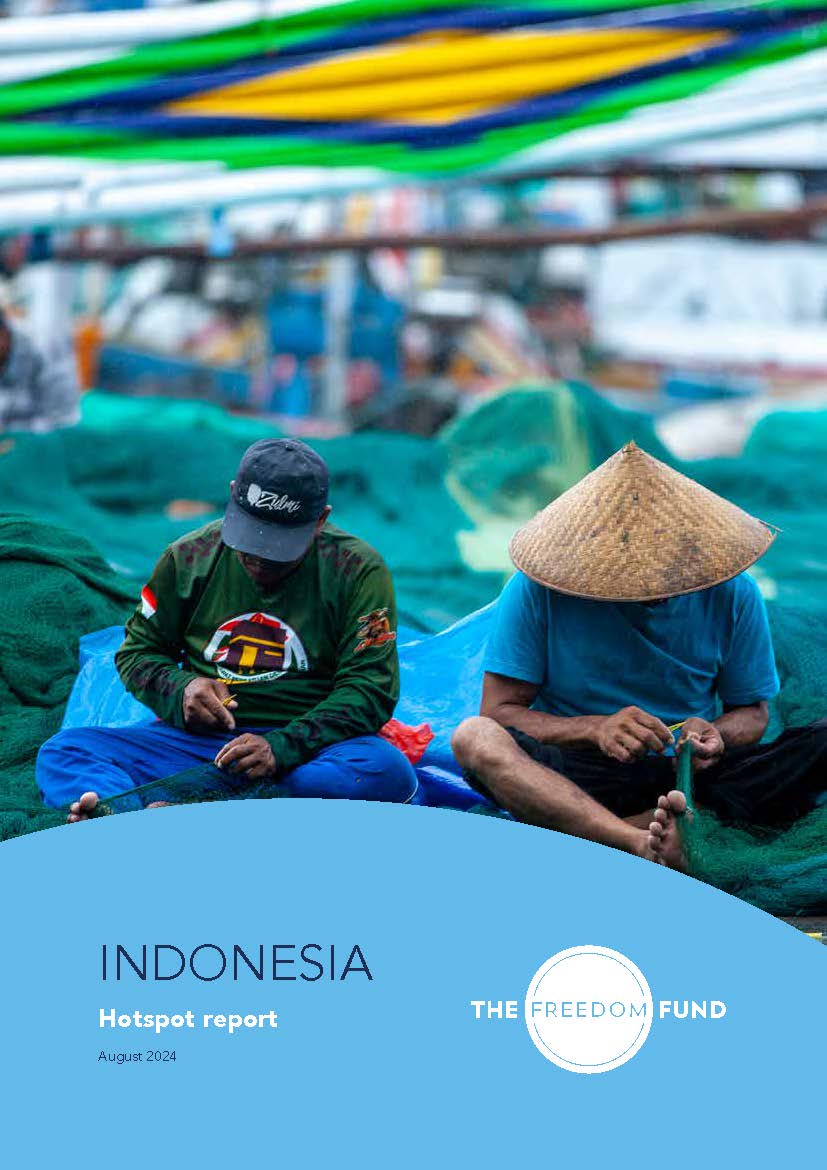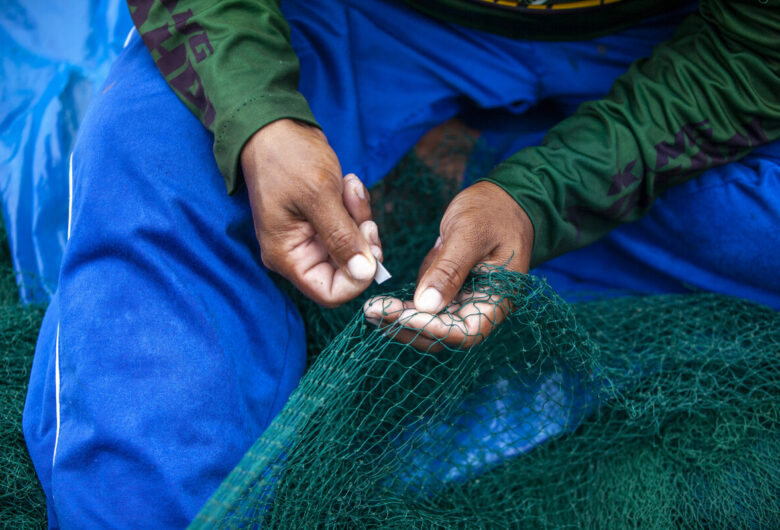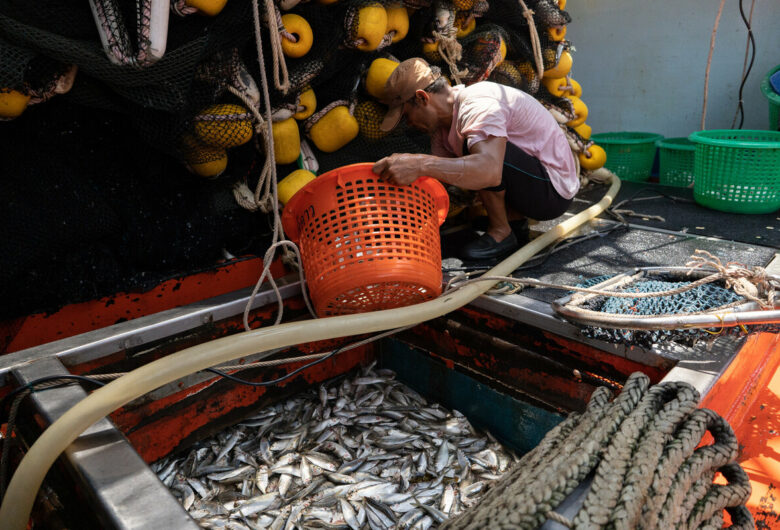What we do
The Freedom Fund is working to support seafood workers – fishing vessel crews and people working in processing plants – to gain better access to civil society and worker-led organisations.
By increasing their collective power, it will better empower them to claim their rights and demand decent working conditions, ensure they are able to access legal and social services and hold the government and private sector accountable to the rights of migrant workers.
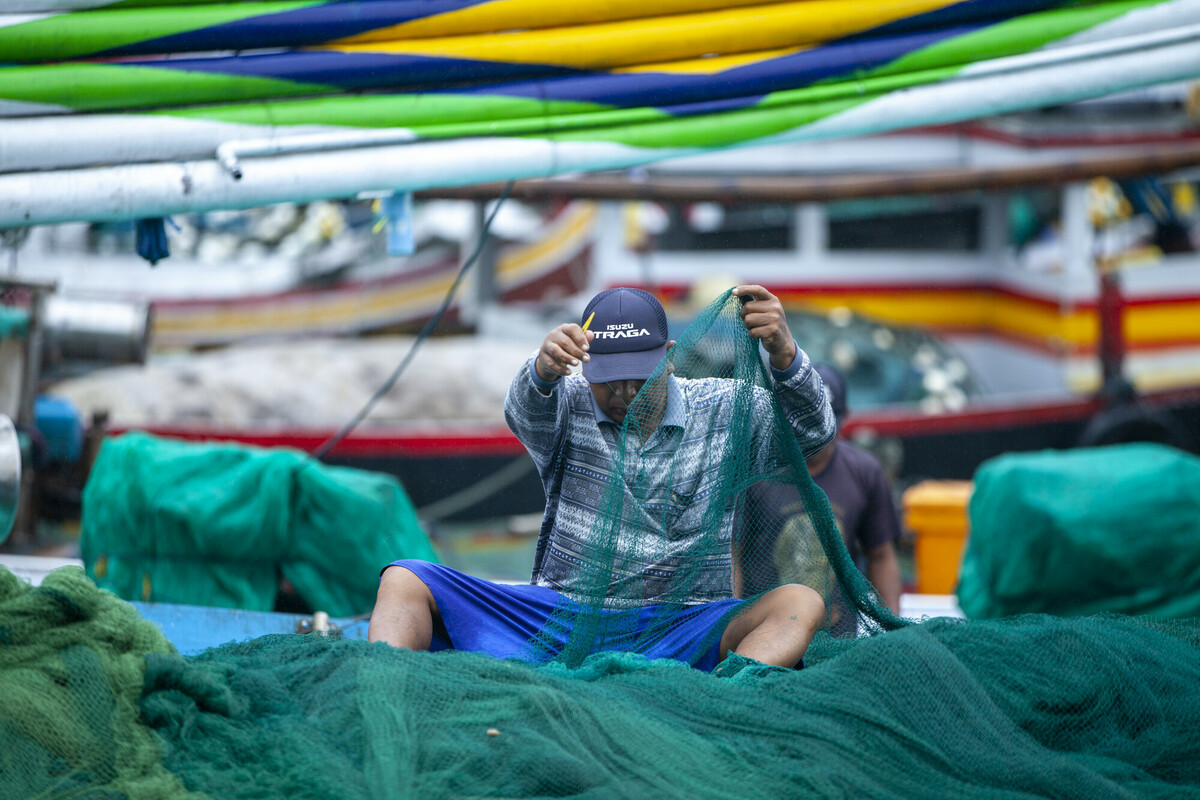
Seafood and slavery
Indonesia is the world’s second largest seafood producer. With vast quantities of tuna, shrimp and other seafood exported to North America and Europe, it has become a major labour hub for migrant workers employed in global fishing fleets. Seafood processing factories employ roughly four million – predominantly female – workers.
Human trafficking and forced labour have been widely reported in the seafood industry, particularly in the context of fishing and fish processing. Workers are often recruited with false promises of good wages and working conditions, and then forced to work long hours under hazardous conditions. Deceptive recruitment practices, wage withholding, debt bondage, excessive working hours, and retention of identity documents are all commonplace. Some workers are also physically and verbally abused by their employers.
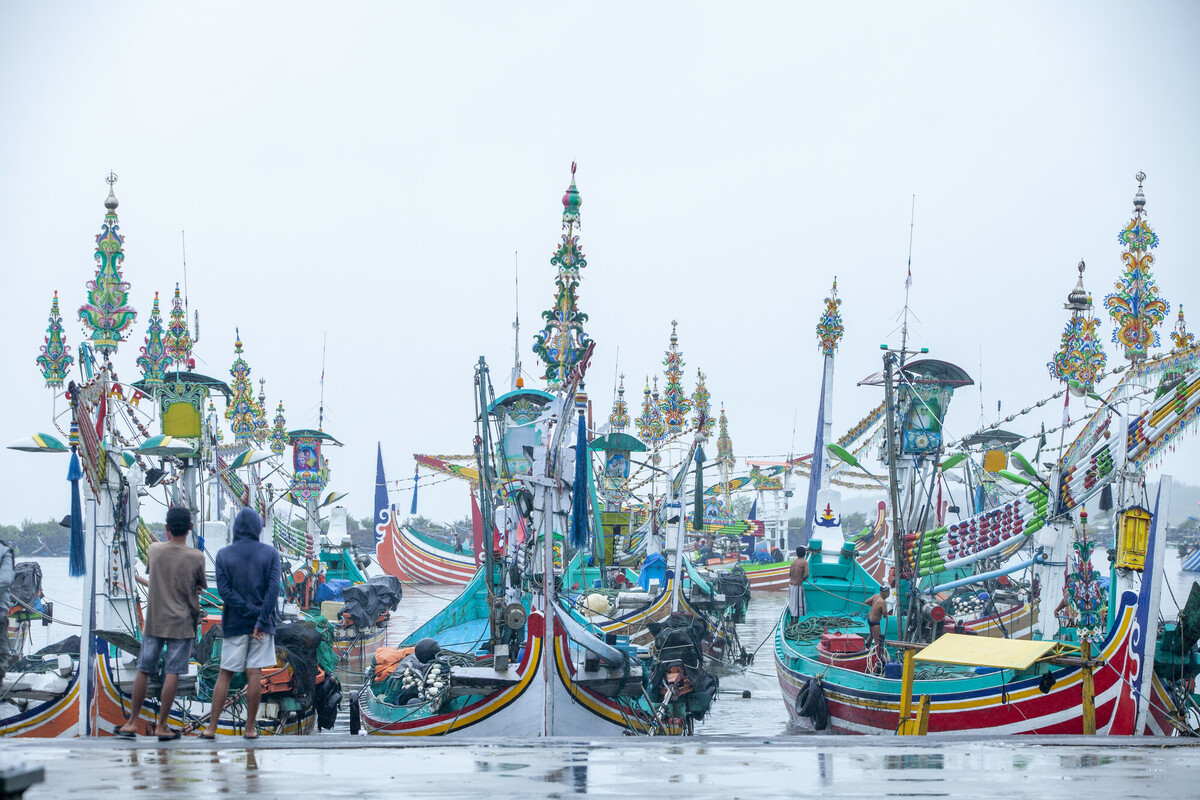
Our approach
In Indonesia, the Freedom Fund hotspot is aiming to achieve the following outcomes:
Our team
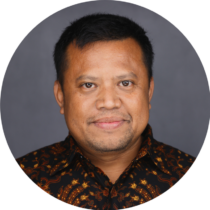
Hasriadi Masalam
Program Advisor
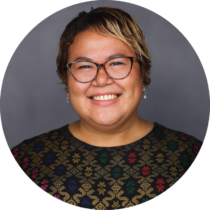
Roosa Sibarani
Program Manager, Indonesia
